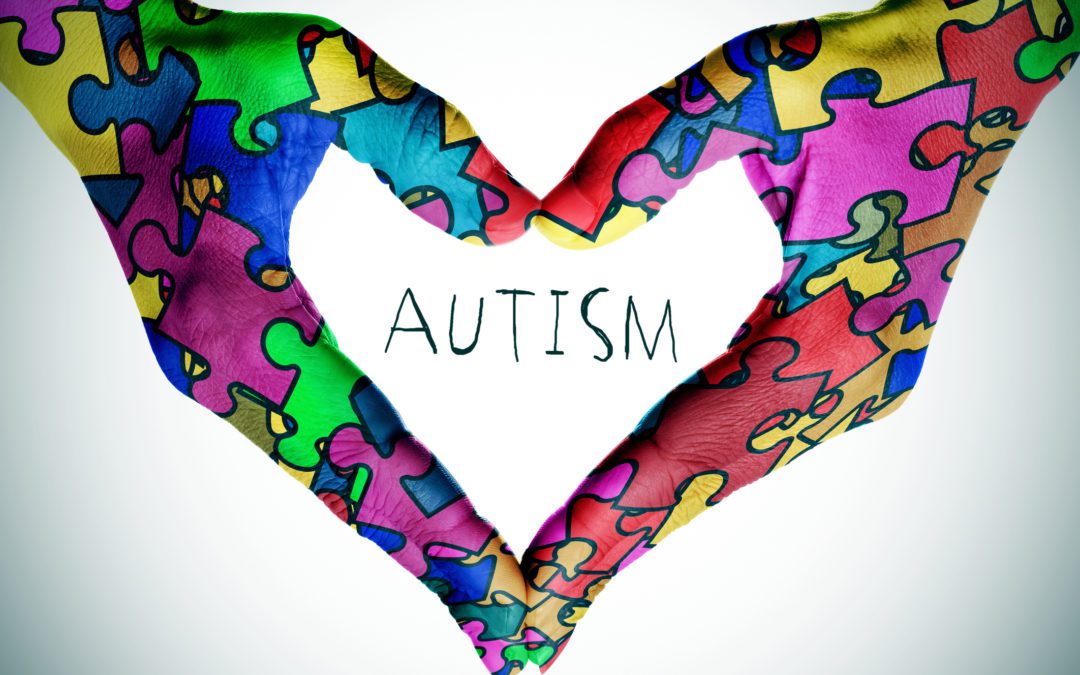“1 in 68” has become a popular slogan or tagline for businesses and organizations that work with people with autism. The number is in reference to the fact that autism now affects nearly 1 in every 68 children in the United States.
Autism has never been more understood than it is today, partially because it has never been more common. In an effort to raise even more awareness of how common autism is, some of the challenges people with autism face, and the remarkable things they can do, these are the numbers behind autism in America.
Autism Prevalence
- Autism is the fastest-growing developmental disability in America.
- Roughly 3.5 million people in the United States have autism.
- 1 in 42 boys is diagnosed with autism.
- 1 in 189 girls is diagnosed with autism.
- New Jersey is currently the state with the highest presence of autism, with 1 in 45 people being diagnosed.
- Autism has been reported across all racial, ethnic, and socioeconomic groups.
Autism in the United States
- April is Autism Awareness Month
- The United Nations declared April 2nd to be World Autism Day.
- Today, 40 out of 50 states have autism insurance reform.
Living with Autism
- Half of all children with an Autism Spectrum Disorder have average or above-average intelligence.
- 1/3 of individuals with autism also have epilepsy.
- Roughly 25-percent of people with autism are non-verbal.
- 90-percent of adults living with autism are underemployed or unemployed.
- Nearly 2/3 of all people with autism have been bullied in their lifetime.
Diagnosing Autism
- The average age of an autism diagnosis is 4 years old.
- But a child can be diagnosed with autism as young as 18 months old.
- There is currently no medical detection for autism.
- There has been no scientific link between autism and vaccines.
- Though there is no cure for autism, services that focus on cognitive development and speech can help people with autism live happy, successful, productive lives.
- 500,000 children with autism will become adults within the next 10 years.
- Autism is NOT a disease.
Debra Solomon, a life and career coach, helps young adults with autism and other learning disabilities identify their strengths and weaknesses to help find a job that best fits them! For more information about Debra Solomon’s coaching practice, visit her on the web.

